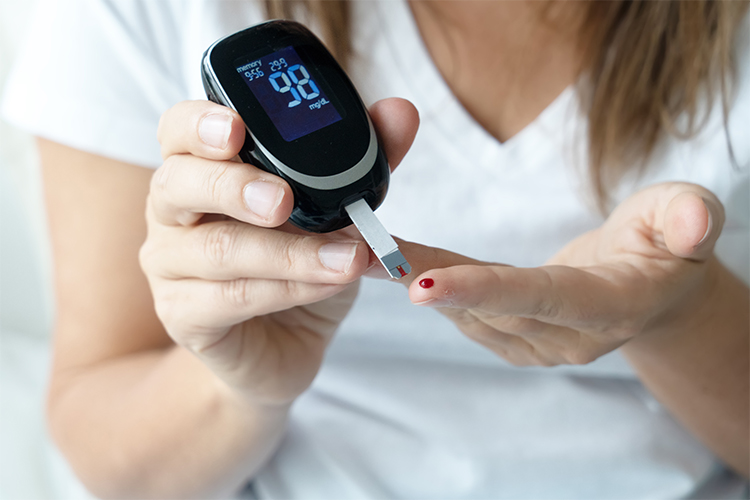Can I donate if I am taking Medication

in Internal Medicine
Apr 19, 2022
Most medications do not prevent you from donating blood. Common medications such as those used to control blood pressure, birth control pills and over-the-counter medications do not affect your eligibility. If you have recently taken antibiotics, you must have completed the course prior to donating.

Some medications affect your eligibility as a blood donor, for the following reasons:
- Anti-platelet agents affect platelet function, so people taking these drugs should not donate platelets for the indicated time; however, you may still be able to donate whole blood.
- Anticoagulants or “blood thinners” are used to treat or prevent blood clots in the legs, lungs, or other parts of the body, and to prevent strokes. These medications affect the blood’s ability to clot, which might cause excessive bruising or bleed when you donate.
- Isotretinoin, finasteride, dutasteride acitretin, and etretinate can cause birth defects. Your donated blood could contain high enough levels to damage the unborn baby if transfused to a pregnant woman. Once the medication has been cleared from your blood, you may donate again.
- Erivedge (Vismodegib), and Aubagio (teriflunomide) can cause birth defects or the death of an unborn baby if transfused to a pregnant woman. Once the medication has been cleared from your blood, you may donate again.
- Hepatitis B Immune Globulin (HBIG) is an injected material used to prevent hepatitis B infection following a possible or known exposure to hepatitis B. HBIG does not prevent hepatitis B infection in every case, therefore, persons who have received HBIG must wait to donate blood.
- Growth hormone from human pituitary glands was prescribed for children with delayed or impaired growth. The hormone was obtained from human pituitary glands, which are in the brain.
- Insulin from cows (bovine, or beef, insulin) is an injected medicine used to treat diabetes. Although no cases of the human type of “mad cow disease” have been reported in people treated with bovine (beef ) insulin, there is concern that someone exposed to “mad cow disease” through beef insulin could transmit it to someone who receives their blood.







